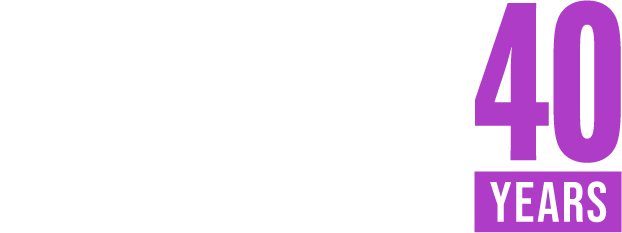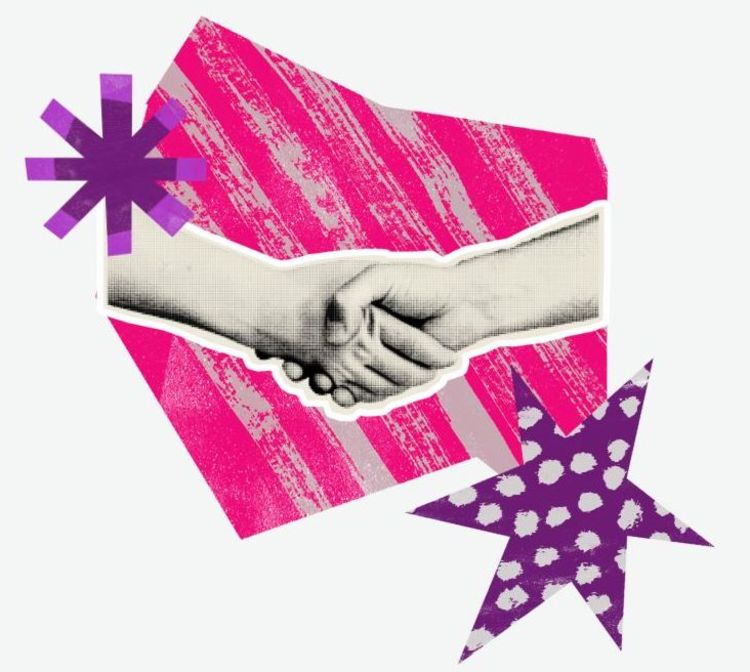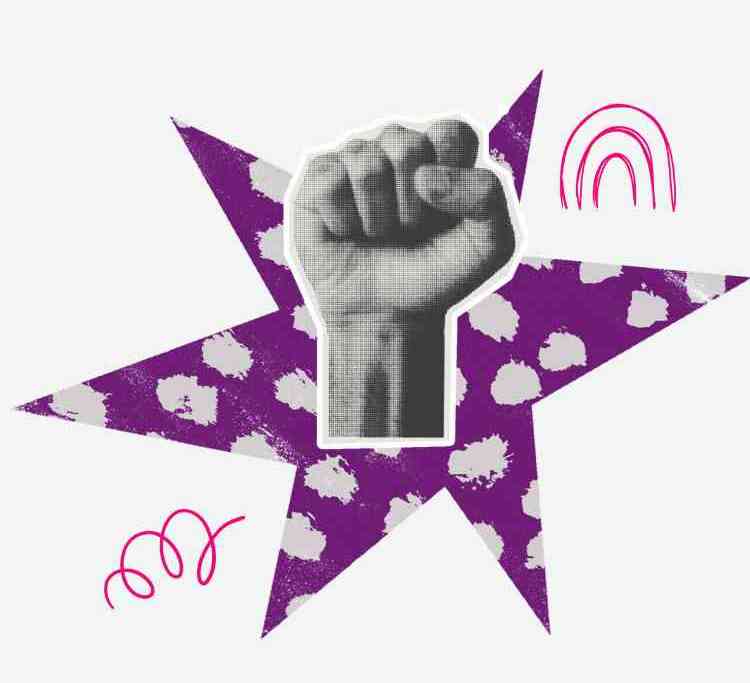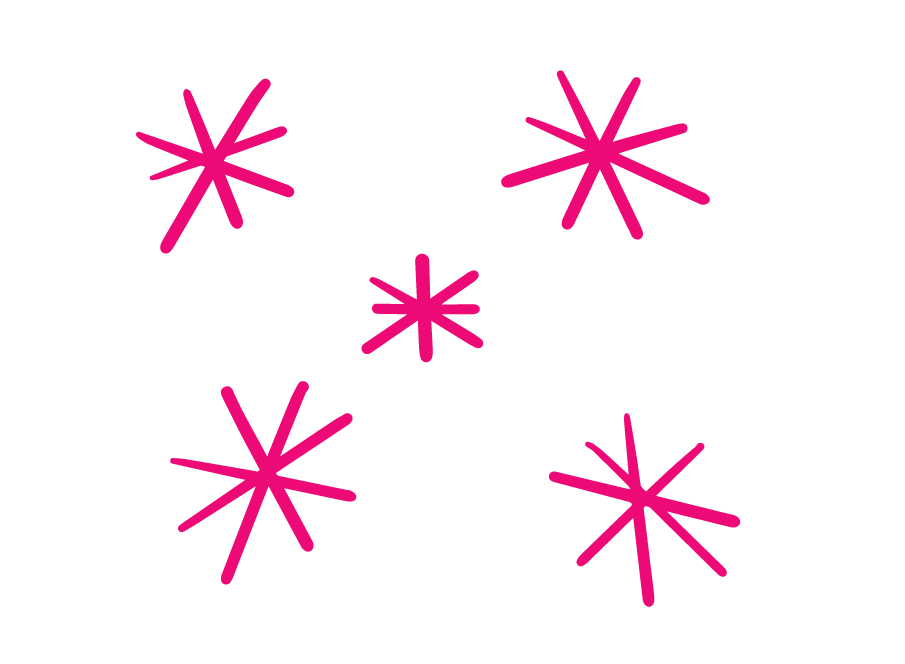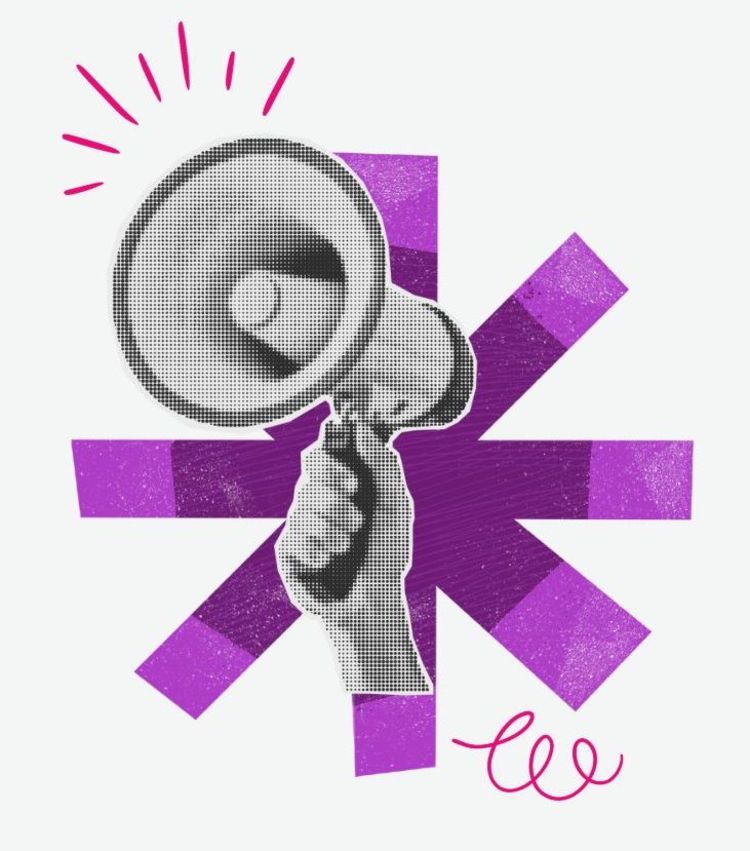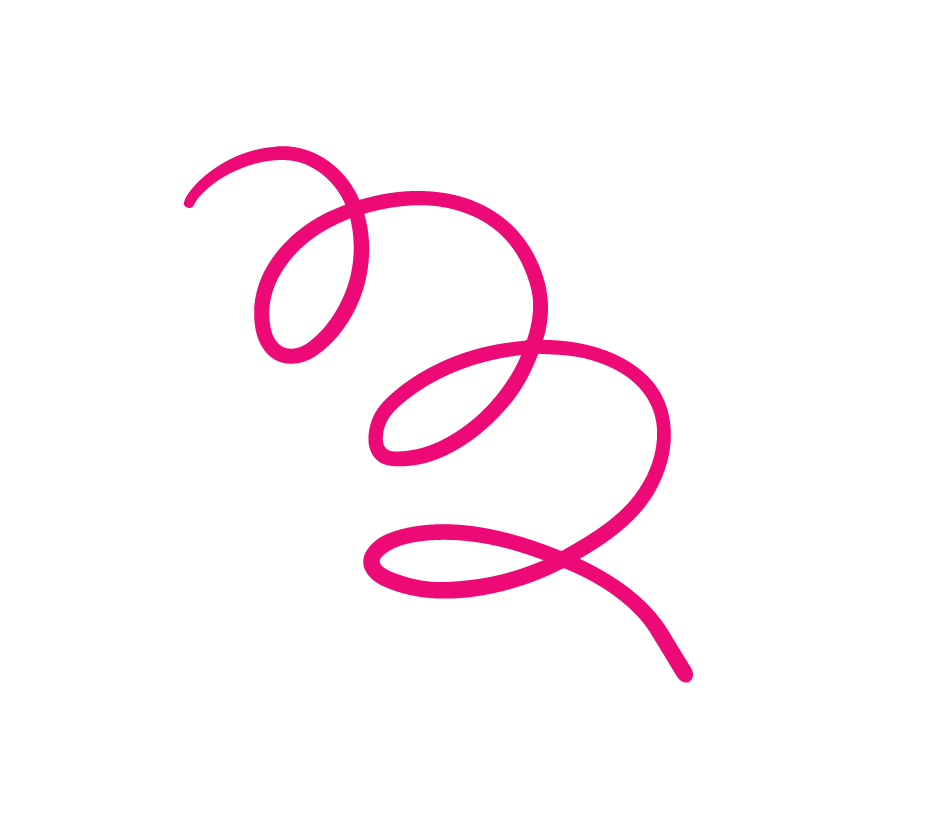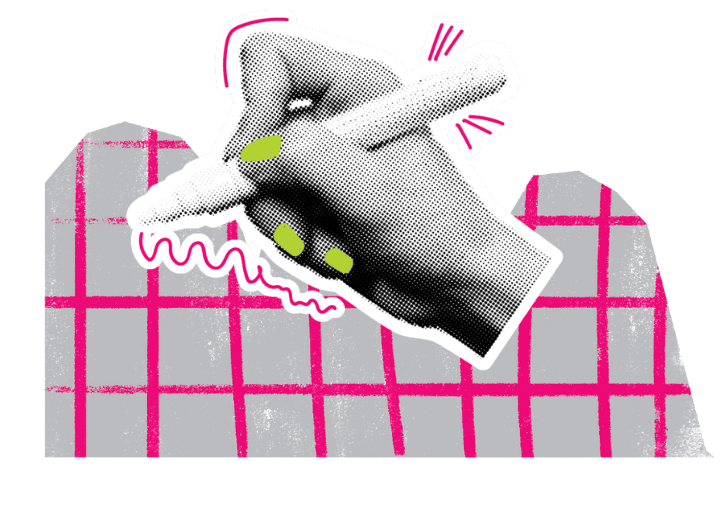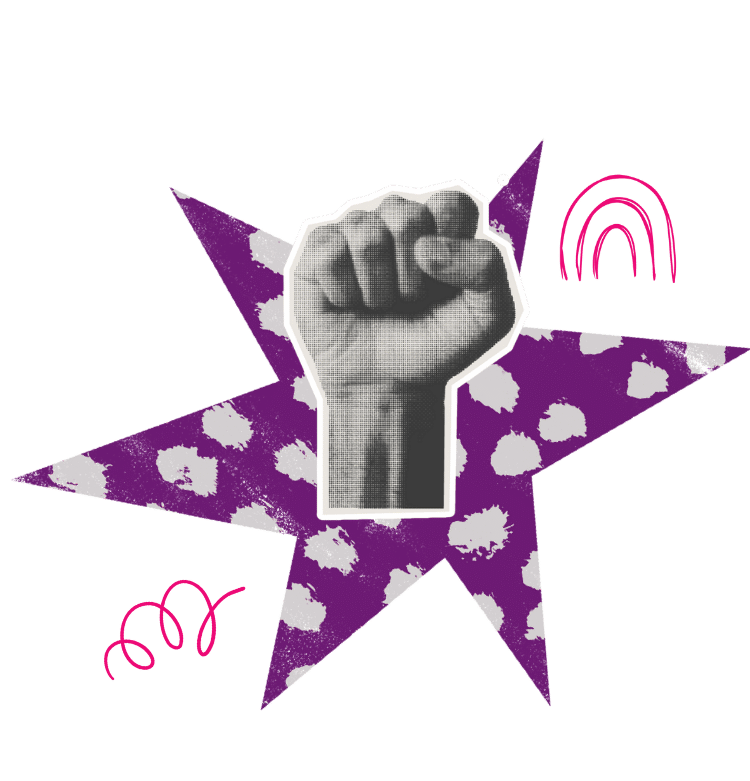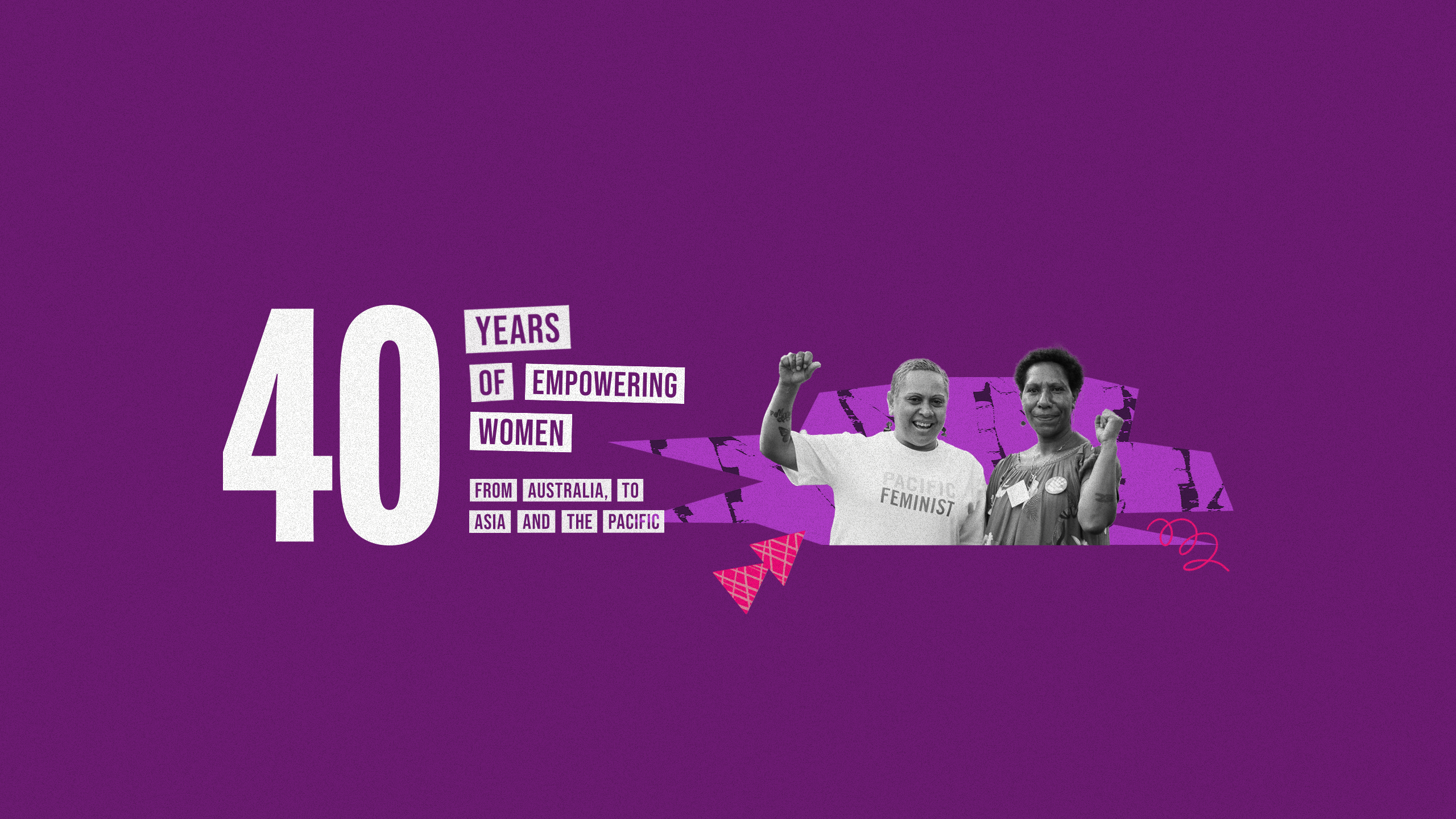
Ripples of Change
Forty years ago, three Australian women set history in motion - a movement, a force, a rising tide for transformative change.
As Wendy Rose, Wendy Poussard, and Ruth Pfanner gathered around a small kitchen table in the Melbourne suburb of Fitzroy, the idea to create an organisation for women, by women, was born.
Today, IWDA is the leading Australian agency entirely focused on women's rights and gender equality.
What began as a small act of courage took root and grew, nurtured by a feminist fighting spirit. With each new voice that joined, each act of solidarity, each victory won, the organisation evolved – gaining strength, surging forward, and dismantling barriers that once seemed unshakable.
Together, we have spent 40 years building a wave of collective power that has reshaped the conditions for women, girls, and gender diverse people.
We stand as a testament to the power of feminist organising - still growing, still reaching, and still marching forward - leading the charge for a gender-just future built on liberation and collective flourishing.
Our three founders each brought something different—Wendy Rose a sharp practical mind, Ruth Pfanner a deep wisdom, and Wendy Poussard an unshakable feminist spirit that ignited it all. It was her bold vision and tireless efforts that set iwda in motion.
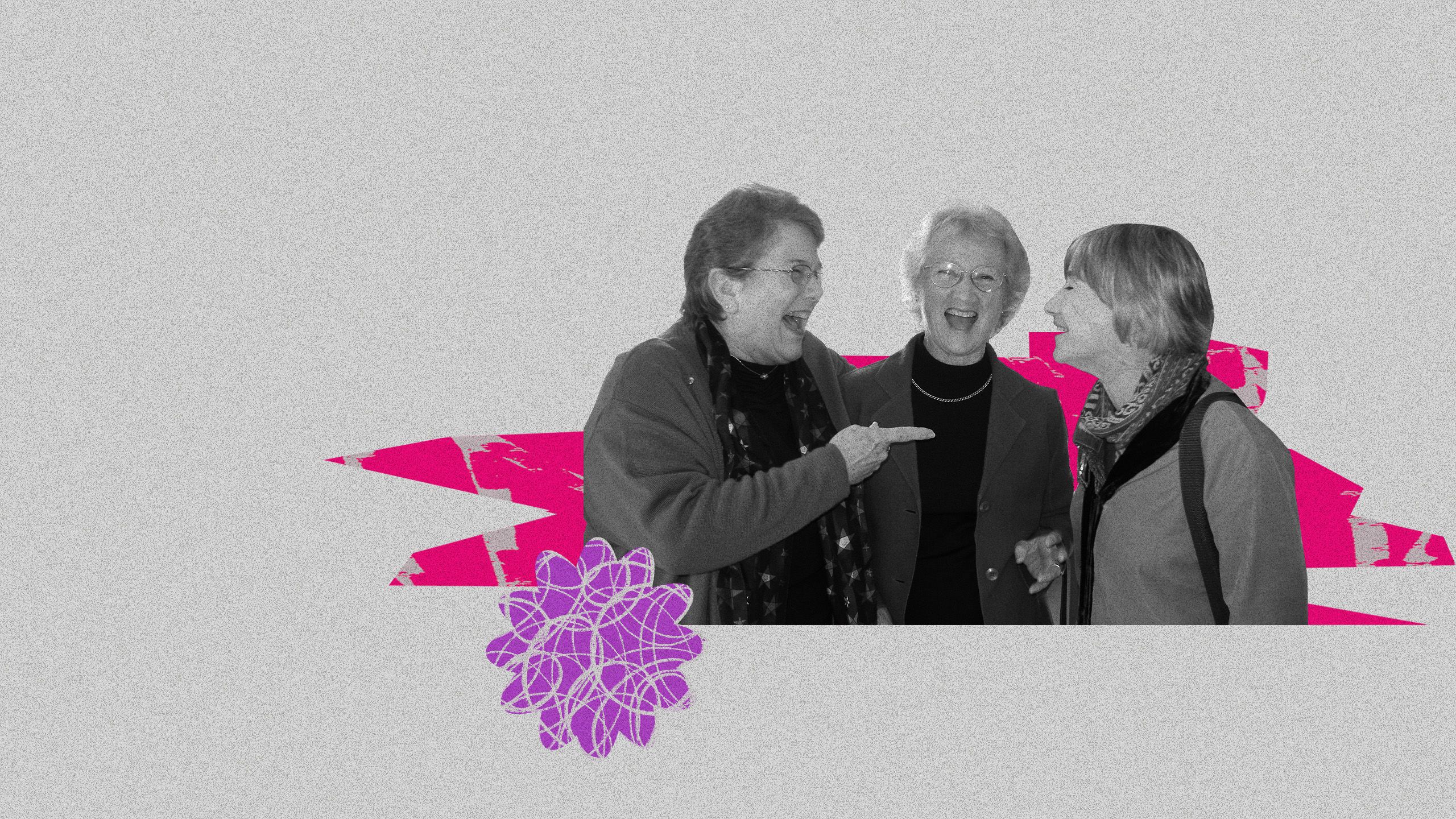
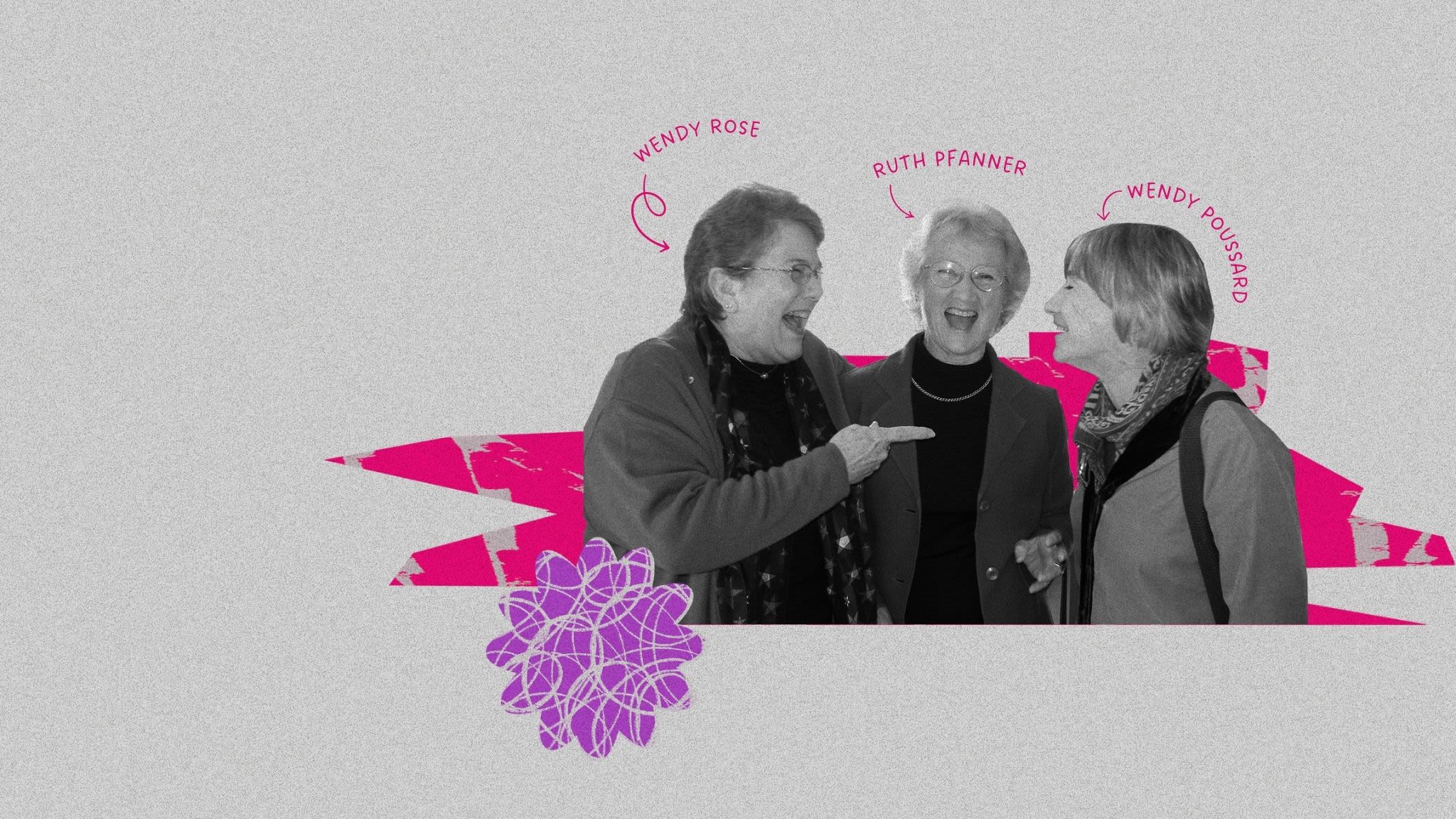
Our story is one of partnership, persistence, and resistance. Of forging a path forward and working in new and different ways.
This work has always been a collective effort, nurtured by the dedication, passion, and wisdom of many. And it has always been part of something bigger: a global feminist movement that has fought, dreamed, and is co-creating a more just world together.
Our roots may be in the development sector, but we are firmly embedded in the global feminist movements that drive us ever forward.
This anniversary is not only ours—it belongs to everyone who has contributed, challenged, and carried our vision forward.
As we celebrate this milestone, we pause to reflect on the lessons we have learnt, the victories we have achieved, and look forward to a future that brings gender equality for all.
So let’s start where it all began in July 1985, at the Third UN World Conference on Women in Nairobi, Kenya.
40 Years of Feminist Action
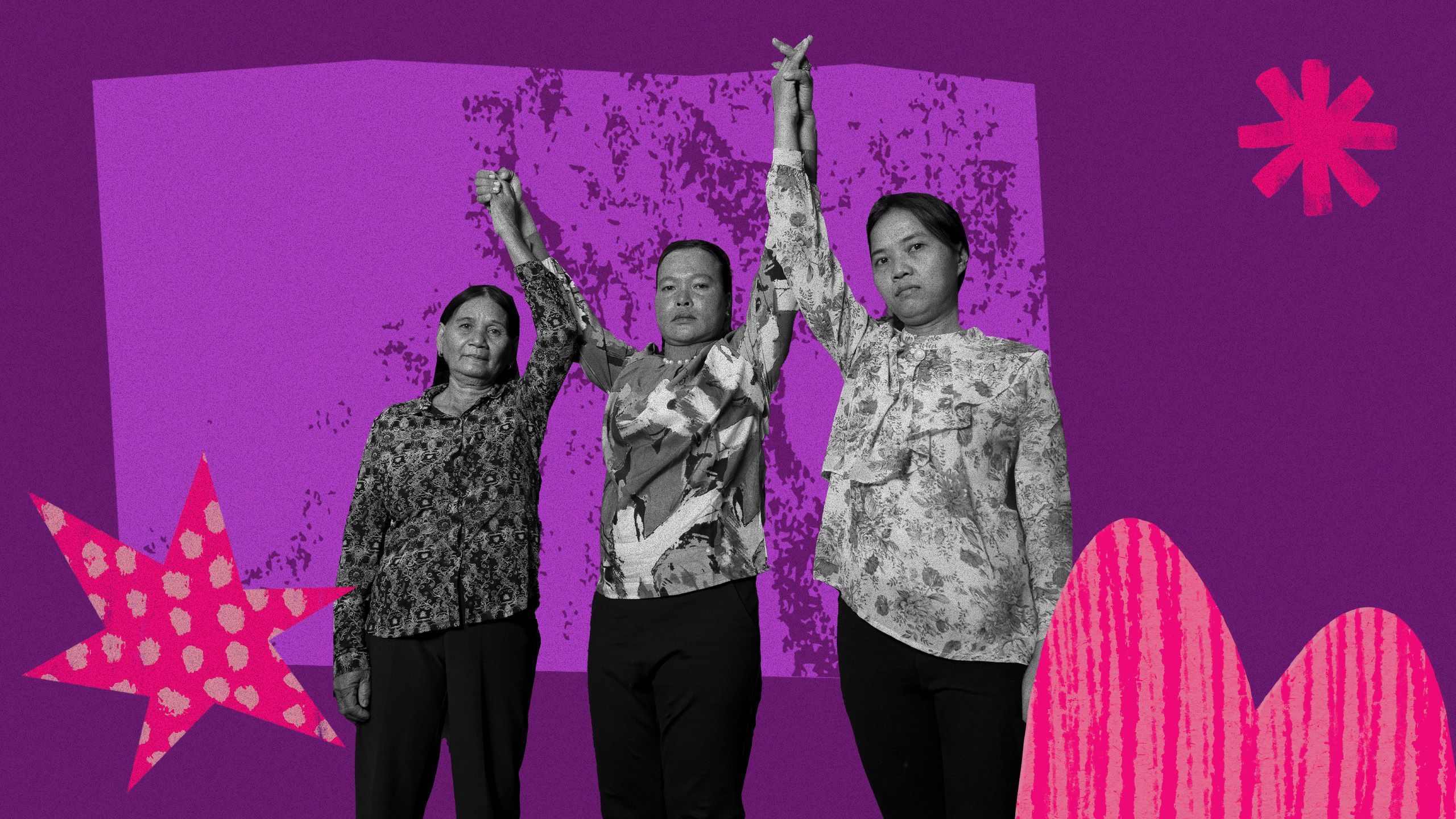
As the UN Decade for Women was drawing to a close, a new chapter in the global fight for gender equality was just beginning.
In July 1985, amidst the energy and urgency of the Third World Conference on Women in Nairobi, IWDA was introduced to the world. Australia’s first development organisation focused on women was announced with a bold vision for feminist-led development.
In our very first year, we developed partnerships with 10 organisations across 10 countries. A few years later, we stood alongside First Nations women in Australia as they advocated on the international stage for their rights.
The early years were filled with relentless optimism— a belief that real transformation was possible. But they were also years of struggle.
Twice, financial hardship threatened to close our doors. Twice, we fought to stay open. And in 1994 when we found ourselves at the brink of closure, it was our community of supporters who rallied together, donating an extraordinary $44,000 in just 24 hours to help keep our vision alive. Today, that’s around $98,000.
Those first ten years tested us, but they also defined us—proving that feminist solidarity is not just an idea, but a force powerful enough to sustain transformative change against all odds.
A decade after we opened, the world witnessed another defining moment in the global fight for gender equality: the Fourth World Conference on Women held in Beijing in 1995 where one of the most progressive global blueprints for advancing women’s rights was adopted.
For three years, IWDA mobilised team members, partners and supporters to make the most of this milestone event. We lead a defining piece of work that brought the voices of Pacific Women to the conference in Beijing. The three-year ‘Beneath Paradise’ project collected and documented the experiences of hundreds of Pacific women, capturing their voices through photography, soundscapes, and testimonials. In the years that followed, IWDA continued to push boundaries and develop groundbreaking research to fill critical knowledge gaps.
The pioneering research ‘Triple Jeopardy: Violence against women with disabilities in Cambodia’ took a world-leading approach and revealed critical insights about the multiple, intersecting forms of discrimination Cambodian women with disabilities experienced.
In a context where evidence was scarce, these findings resulted in initiatives with real impacts for Cambodian women with disabilities, improving availability and access to support services and ensuring both mainstream and specialist organisations better address their needs and rights.
From our first bold steps in Nairobi to the transformative momentum of Beijing and beyond, our story has been one of ambition and commitment. And the work continues.
40 Years of Feminist Partnerships
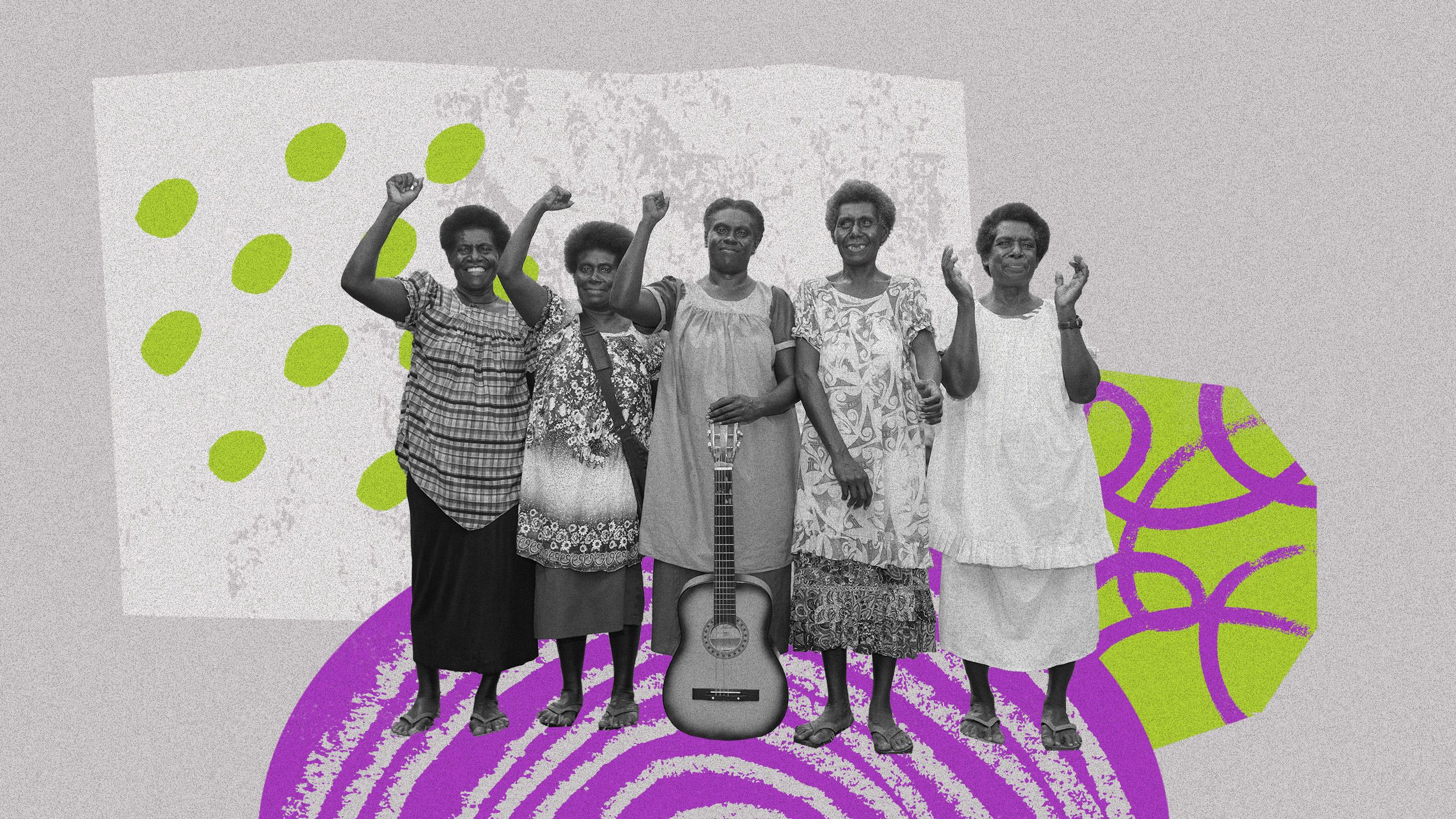
Voices from program partners across the pacific
“I am most proud of helping women and children to come out of their situation. This place is like a second home, a safe home, for them.”
“We need more support and action to end gender-based violence once and for all.”
- Sister Rosa, Coordinator at Christian Care Centre in Solomon Islands.
From the very beginning, partnership has been at the heart of our work–rooted in respect, reciprocity, and a fierce commitment to power-sharing.
We have worked entirely through local movements for equality and women’s rights, ensuring that our role has been one of solidarity, support, and respect.
Real, lasting change doesn’t happen overnight—it takes time, dedication, and deep trust.
We are in this for the long haul, building long-term, trusting relationships with our partners – many of which have spanned decades, through years of sustained resistance, resilience, joy, and triumph.
Over our forty-year history, we have partnered with 201 organisations across 37 countries and territories.
We are both for and of feminist movements—mobilising critical resources for women’s rights organisations, while also a movement actor in our own right, engaging in advocacy, systemic change, and solidarity. This dual role allows us to challenge power structures while directly resourcing those working on the frontlines of gender justice in their communities – from the local to the global.
As an Australia-based organisation we choose to stand alongside local organisations, rather than establishing offices in different countries. This helps to ensure that they lead the way, while we embrace a model that promotes solidarity and power-sharing.
Gender inequality cuts across all areas of life and that’s exactly how we approach this work. From preventing gender-based violence to promoting gender climate justice, we support program partners to determine their own priorities.
“The thing that gives me the most joy has been seeing women...from our overseas programs coming and being able to speak for themselves, seeing the confidence they have, that they can go back and be leaders in their own communities. That’s what we’re doing, we’re strengthening them to make change there.”
- Wendy Rose, IWDA Co-Founder and President (1985–1991)
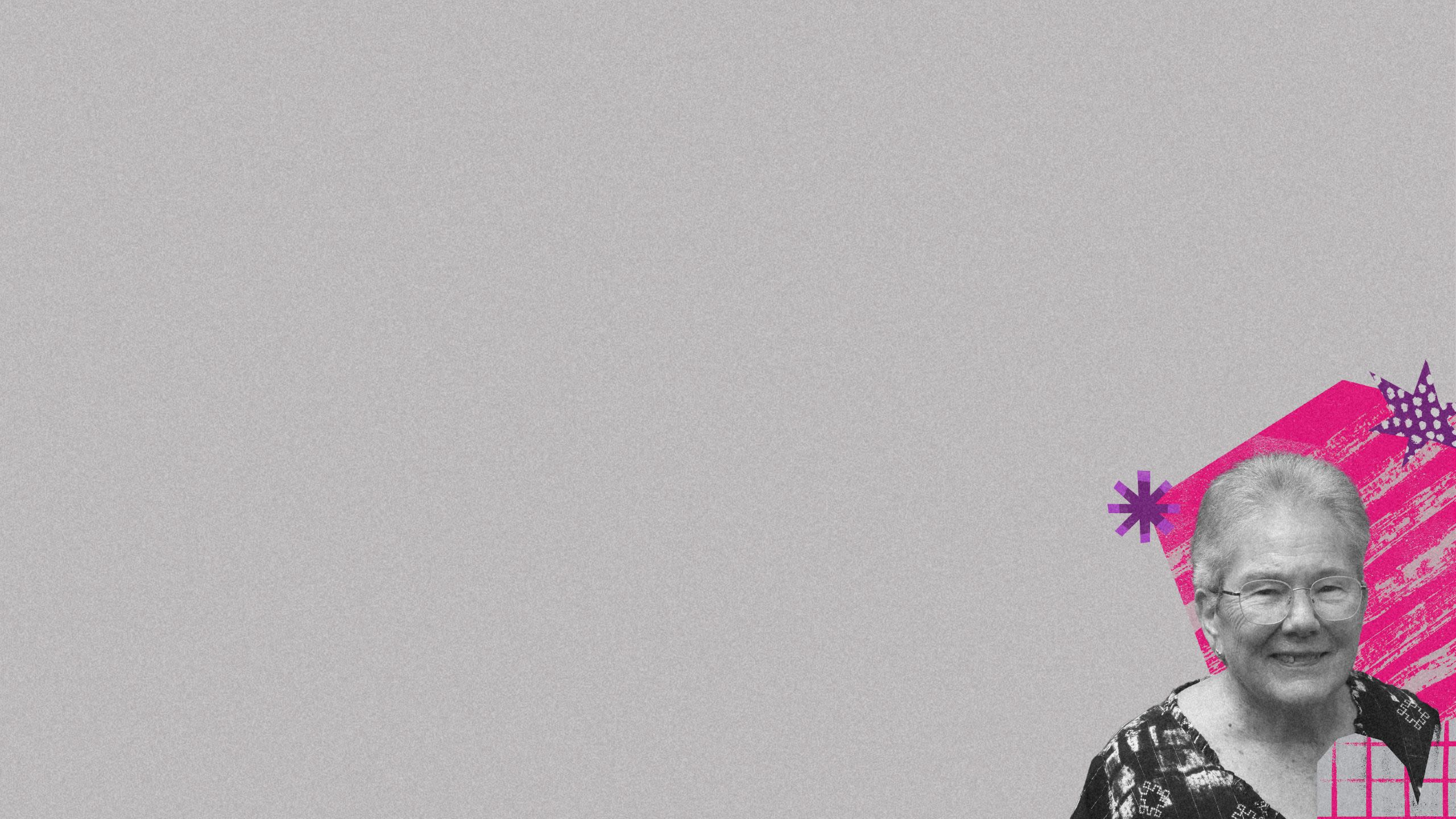
“For 40 years, IWDA has been a powerful force in bringing female leaders together—creating space for connection, collaboration, and advocacy to drive systemic change. We were proud to be part of a collective of Australian and Pacific leaders that worked together to shape a manifesto for collective action, the basis for a powerful delegation that played a part in bringing Women Deliver 2026 to Australia. As IWDA marks this milestone, we celebrate the power of working together to advance women’s rights.”
- Lisa Keenan, Executive Director, MECCA M-POWER (IWDA Donor)
Increasing diversity and representation in leadership positions—from the community-level to the world stage—is an important driver of gender equality.
Women’s Action for Voice and Empowerment (WAVE) was a ground-breaking women’s leadership program that supported individuals, organisations, and movements across the Asia and the Pacific region to increase women’s representation in diverse leadership positions. It didn’t just create opportunities for individual women—but had a ripple effect, enabling more women to step into leadership positions and shape the decisions that affect them and the generations that follow.
Convening program partners for collective learning, movement-building and strategising has been at the centre of our approach because we know that power multiples when we come together. We have worked to create spaces where civil society organisations can strengthen impact, exchange knowledge, and build lasting collective power–ensuring our partnerships extend far beyond financial support alone.
In 2023, IWDA played a pivotal role in ensuring the largest-ever delegation from our region attended the largest global conference on gender equality. In an historic moment, 65 feminists and advocates from the Oceanic Pacific came together at the Women Deliver Conference in Rwanda, making our voices heard on a global stage.
In the lead up to the global conference, feminists and gender equality advocates from Australia and across the Pacific came together for the first ever regional Women Deliver conference held in Oceanic Pacific. Together, we identified key priority areas for action including Indigenous solidarity, climate justice, decolonisation, leadership, and economic justice, among others. While there was lots of time spent on the serious business of feminist organising, there was also lots of dancing and countless moments of joy.
We eagerly await the next Women Deliver conference, set to take place in 2026 and hosted by the Oceanic Pacific in Melbourne – a significant win for our region that will draw greater attention to the priorities of Oceanic Pacific feminists.
For forty years, we have stood alongside feminist movements—not just as a partner, but as an active participant in the fight for gender equality.
As we look to the future, we remain committed to ensuring that feminist movements have the resources and support needed to realise the feminist future of our dreams.
40 Years of Research & Advocacy
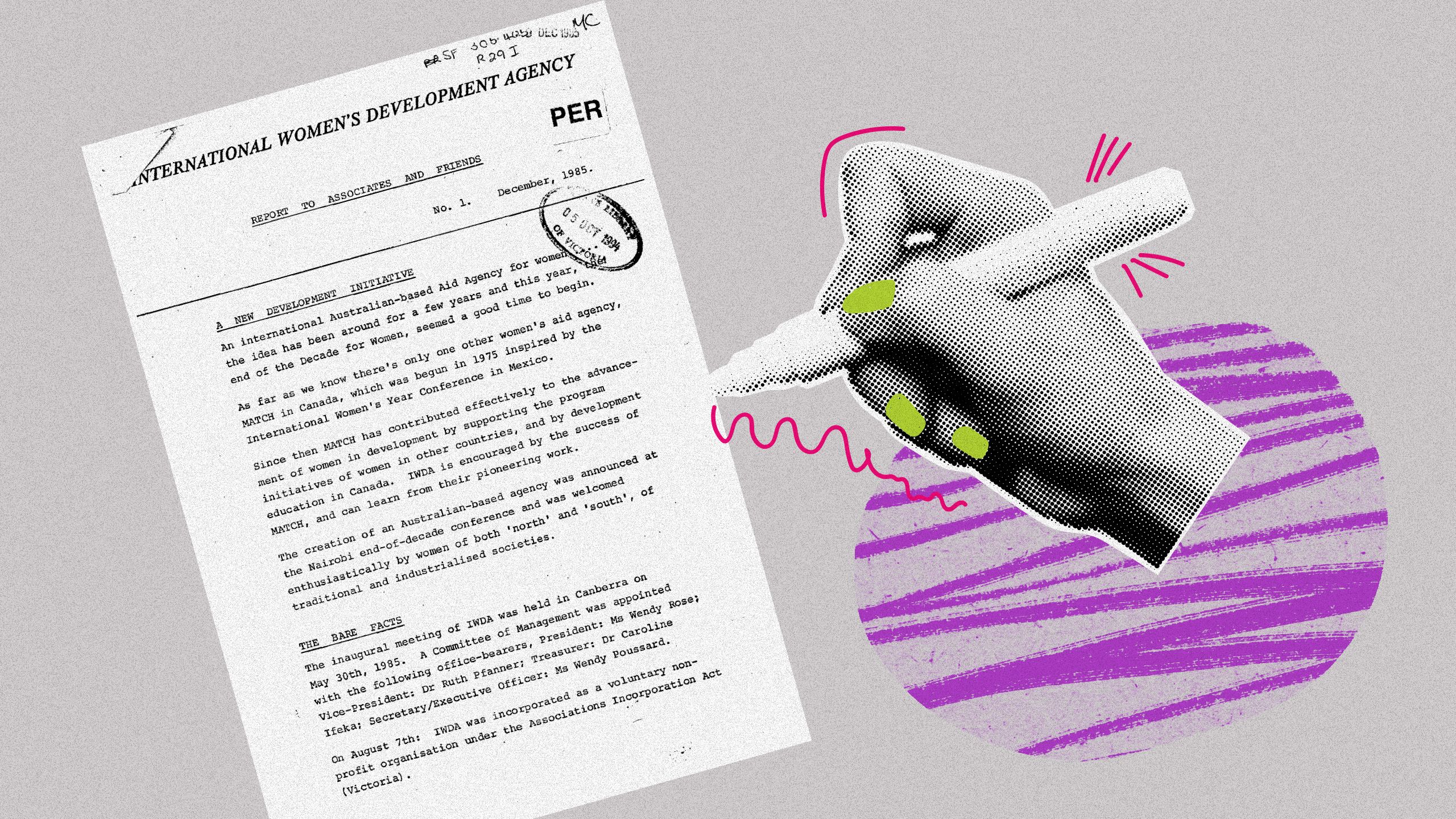
From the very beginning, we have believed that knowledge is power—especially when it is used to challenge injustice and tear down systems of oppression.
Feminist knowledge creation has always been at the heart of our work, not just to document inequality but to reshape the conditions that uphold it.
Over the past forty years, we have developed groundbreaking research, advocacy tools, and policy initiatives that have strengthened feminist movements and redefined how power, poverty, and progress are understood.
Economic justice has long been a feminist struggle, yet women’s paid and unpaid labour remains invisible in economic policymaking. Recognising this gap, we collaborated to produce an important body of work in Melanesia to uncover the critical contributions of women’s work—both formal and informal—to subsistence economies. These resources provided essential data and analysis, bringing visibility to women’s paid and unpaid labour and valuing their immense economic and social contributions in subsistence economies.
But knowledge alone is not enough—it must be harnessed for action.
Over the years, we have collaborated with feminist allies to co-develop practical resources to equip women’s rights organisations and equality advocates with the skills and strategies to drive change. From our advocacy planning toolkit, Plan Your Power, which has supported movements around the world in mobilising for gender justice, to resources designed to strengthen feminist organisations’ capacities, sustainability, and impact, we have worked to ensure that feminist movements are informed, powerful AND enduring.
One of our most ambitious projects has been redefining how poverty is measured. For too long, poverty has been understood and assessed too narrowly, failing to capture lived realities. Our flagship program, Equality Insights, seeks to reshape the global development data landscape to ensure poverty data is inclusive, gender-sensitive, and reflective of people’s lived experiences—influencing both national policies and global development approaches.
During the lockdowns of the COVID-19 pandemic, our webinar series ‘Troublemakers: courageous conversations with fiery feminists’ brought much joy. Hundreds of people from around the world gathered on Zoom to listen to two feminist troublemakers unpack the cutting-edge ideas that get them out of bed in the morning and keep them up at night. From radical wellbeing and collective care to anti-capitalist feminism, these conversations nourished our minds and left all of us feeling inspired and ready to take on the world.
More recently, we have turned our attention to feminist foreign policy, advocating for international approaches that centre gender justice, human rights, and intersectionality.
We established the Australian Feminist Foreign Policy Coalition in 2021. The coalition brings together a network of over 200 individuals and organisations committed to advancing feminist foreign policy approaches in Australia.
Recognising the need to amplify voices long excluded from foreign policy discussions, we launched the podcast F! It! —featuring some of the world’s foremost First Nations thinkers and feisty feminists. These important discussions challenge the status quo and offer different perspectives on international relations.
But this only scratches the surface of our feminist knowledge creation work. For forty years, we have championed feminist research, policy, and advocacy, developing the tools that move ideas towards real-world transformation.
By documenting injustice, equipping movements, and amplifying diverse voices, we continue to push for a world where feminist knowledge underpins transformative change.
“"I’ve supported IWDA for nearly 30 years, ever since receiving my first professional paycheck, because their work drives real, lasting change. They empower women and girls to lead, strengthening entire communities in the process. Gender equality isn’t just about fairness—it benefits everyone. IWDA doesn’t just address the symptoms of inequality; they tackle systemic barriers head-on, creating opportunities for real progress both internationally and in Australia. A focus on gender and equality is central to my philanthropy. What sets IWDA apart is their commitment to fostering purpose-driven collaborations with grassroots organisations that know the changes needed in their context, with a focus on transforming systems that can amplify impact…I hope my support inspires others to stand with IWDA in this vital mission. Together, we can turn the vision of gender equality into reality."
- Deanne Weir, Philanthropist and Long-Term IWDA Donor
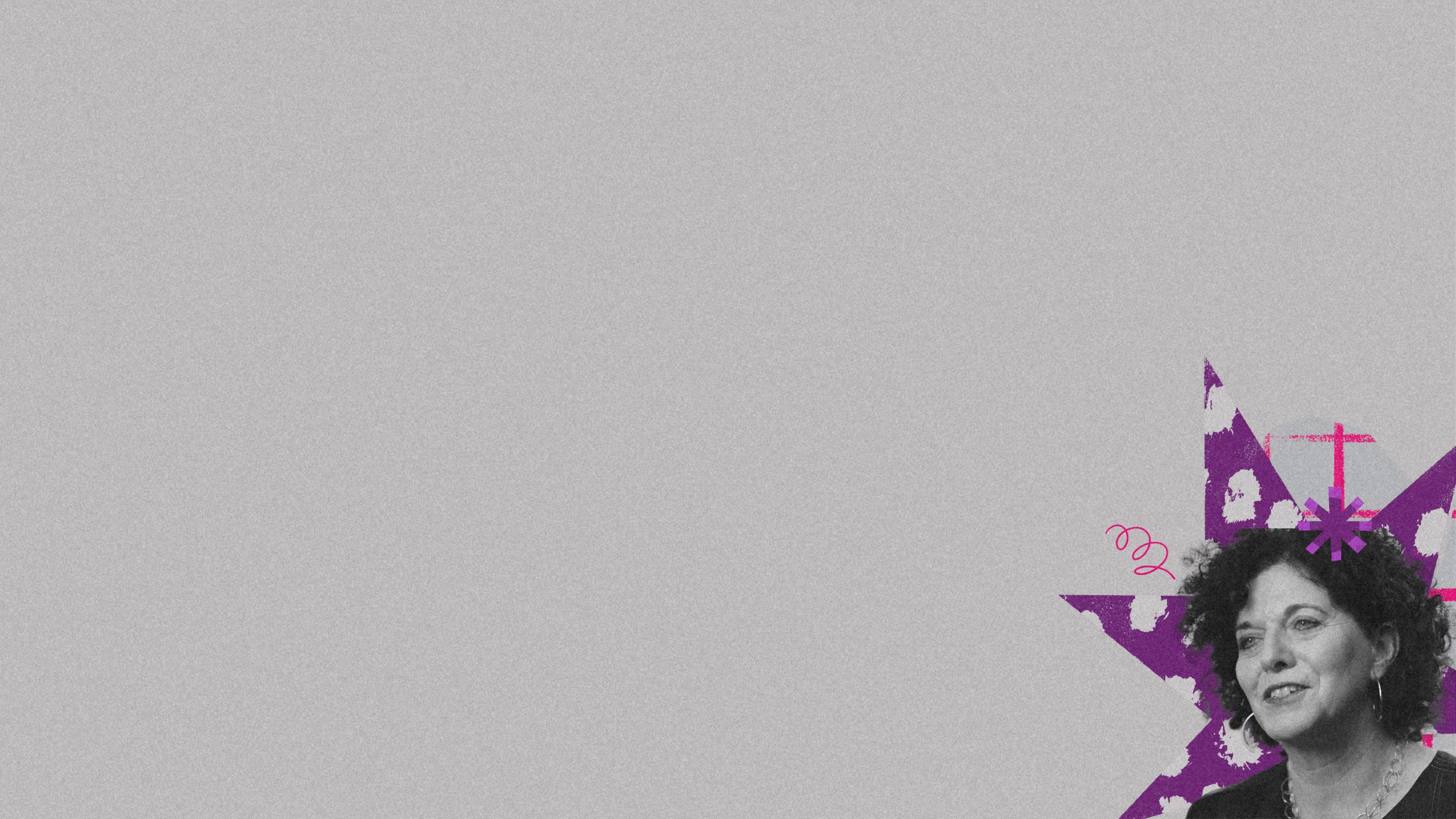
Our Values
Our values are our compass, guiding everything we do.
How we work is as important as what we do.
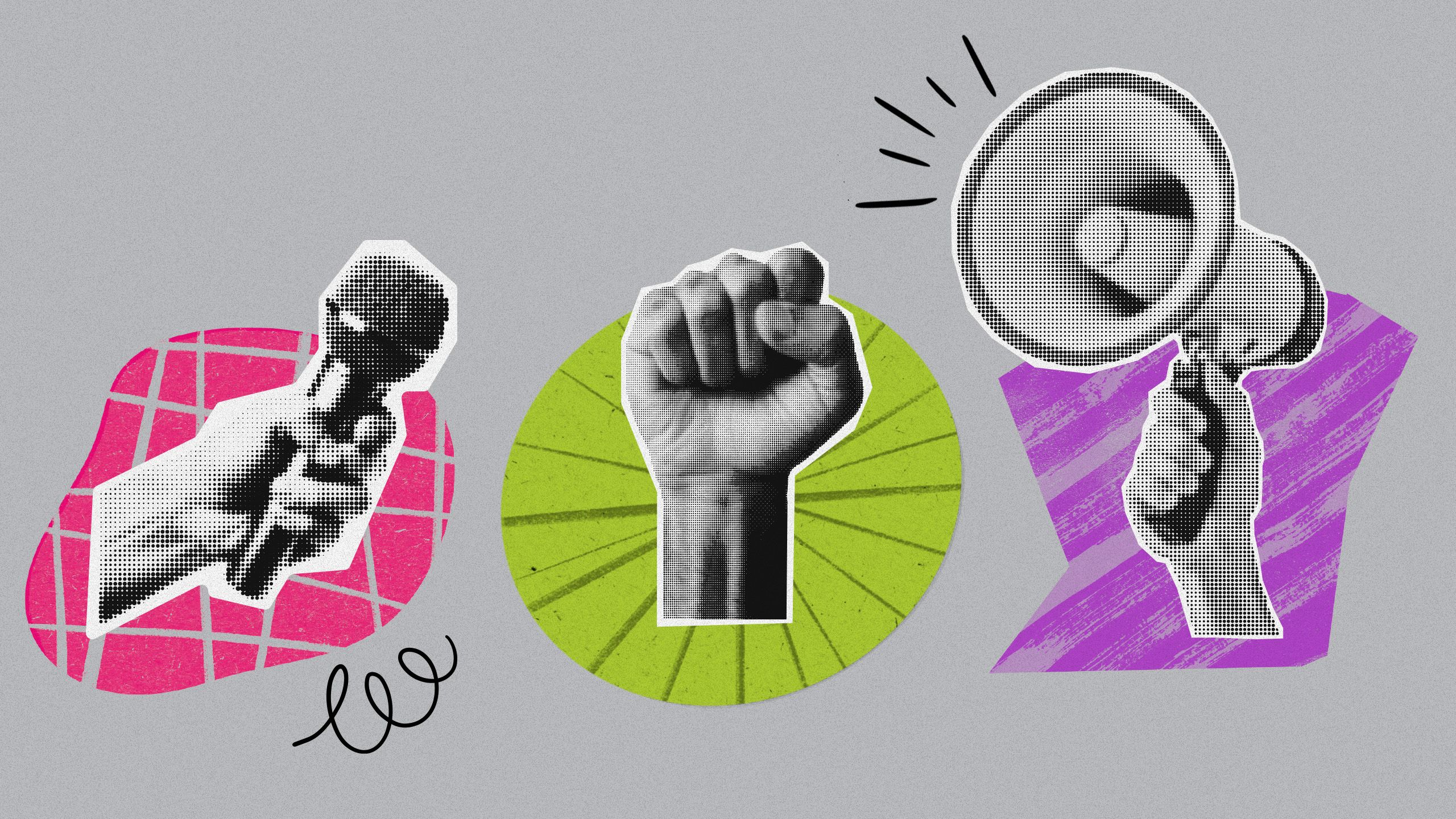
Feminist
At our core, being feminist means honouring the diverse experiences, identities, knowledge, and strengths of women and gender diverse people, while actively supporting them to step into their power and push for full their and equal rights.
Accountable
For us, being ‘accountable’ is more than a value—it’s a promise. We are committed to honesty, transparency, and integrity, ensuring that we evaluate and communicate the impact of our work with clarity and truth. Above all, we hold ourselves accountable to our partners, our supporters, and, most importantly, the diverse women we work alongside.
Collaborative
Collaboration isn’t just a principle—it’s a powerful way of working. It means building deep trust, strong partnerships, and standing alongside movement actors and women’s rights organisations, because we know that true, progressive change can only happen when we advance together.
Transformative
We are relentless in our pursuit of real, lasting change, tackling the root causes of gender inequality and challenging the systems that uphold them. We are fearless in holding governments and decision-makers to account and take bold action to create a future where the rights of women and gender diverse people are fully realised.
Decolonising Development
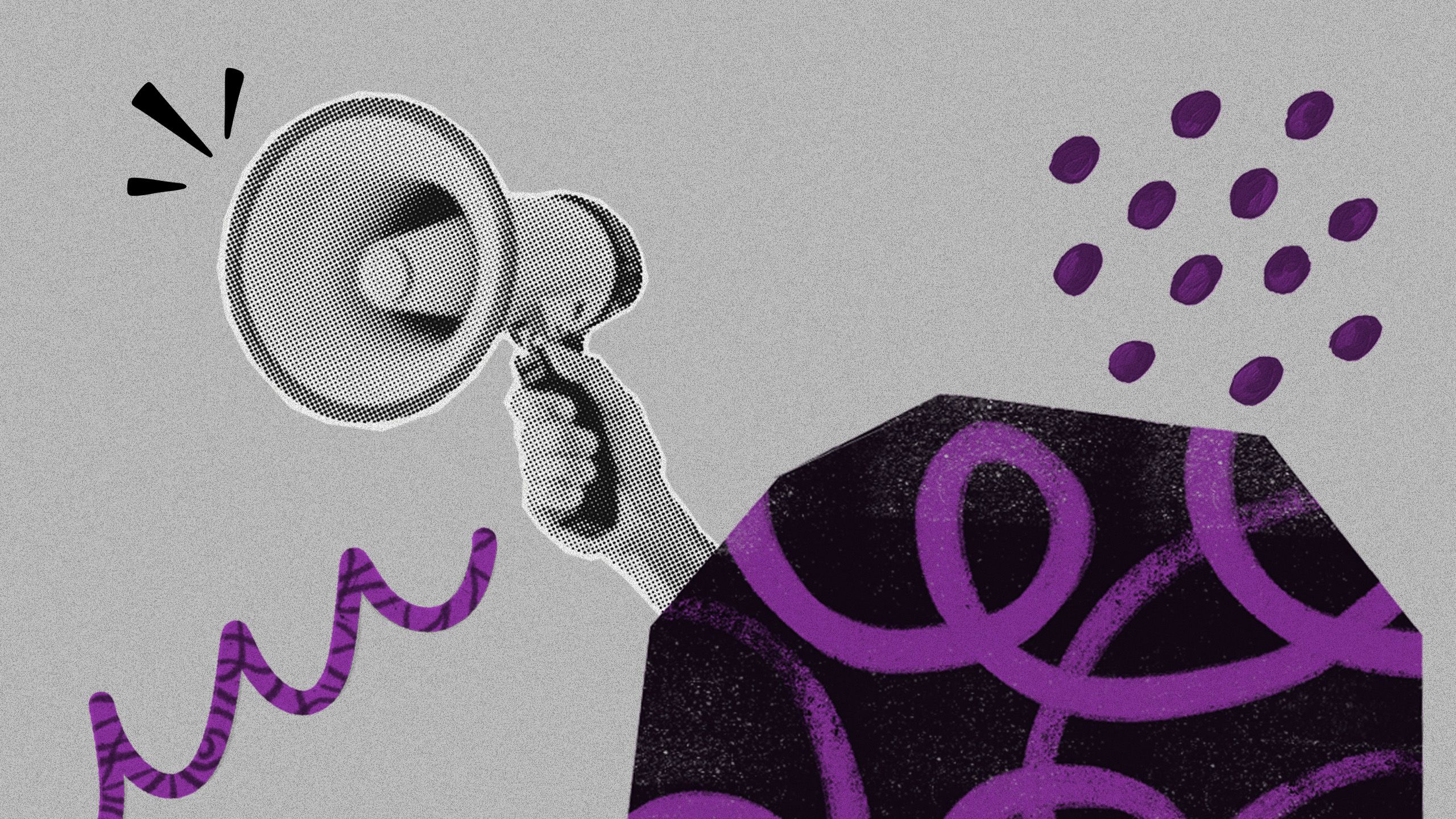

Decolonising development is a necessary reckoning with the harm that the aid and development sector has had on the very communities it claims to serve.
People of colour—especially Black and Indigenous peoples—have been at the forefront of this fight for decades, demanding a radical reimagining of how power is distributed, and justice is pursued.
As an organisation with roots in the aid and development sector, we acknowledge that we, too, are part of this ongoing colonial legacy.
Our journey toward decolonising our feminism and development practice is both urgent and unfinished. To decolonise is to undo harmful practices, to reject the extractive tendencies of traditional development models and to honour local and Indigenous ways of being, doing, and knowing.
It means shifting power, not just resources. It means refusing to be an accomplice to white supremacy, patriarchy, and systemic injustice. And it means rejecting racism, discrimination, and other systems of oppressions.
To guide this work, we developed a decolonial framework and strategy, informed by extensive consultation. The strategy is a living, evolving commitment to unlearning, listening, and taking action.
All of our work is grounded in our commitment to decoloniality. This commitment guides us to step up, stand with; step back; or sit with* in order to use our power and act in solidarity with diverse movements.
Our strategies are energised by our commitment to 'disrupt, decolonise, demonstrate and diversify' development for feminist transformation.
We have been aware of the dynamics of racism and coloniality between organisations based in the Majority and Minority Worlds. From the beginning, our approach of partnering with women’s rights organisations limited our role in their work.
STEP UP
Step up and use our power to leverage resources and access for women’s rights and feminist organisations, and make our own contribution to feminist movements
Stand with
Stand with feminist movements in solidarity and amplify the work of Majority World actors
Step Back
Step back when others are better placed to take the lead
Sit With
Sit with uncertainty, embrace communal learning and deep listening, and accept that time is needed to collectively discern the best course of action
One thing that IWDA tried to walk the talk is trying hard to really decolonize power. trying not to impose, trying to consult, trying to ask, trying to co-create together...It's not perfect, but...IWDA is trying hard to critically reflect and adjust and accept criticism, constructive criticism.
– Pisey Le, Coordinator, Rainbow Community of Kampuchea (RoCK)
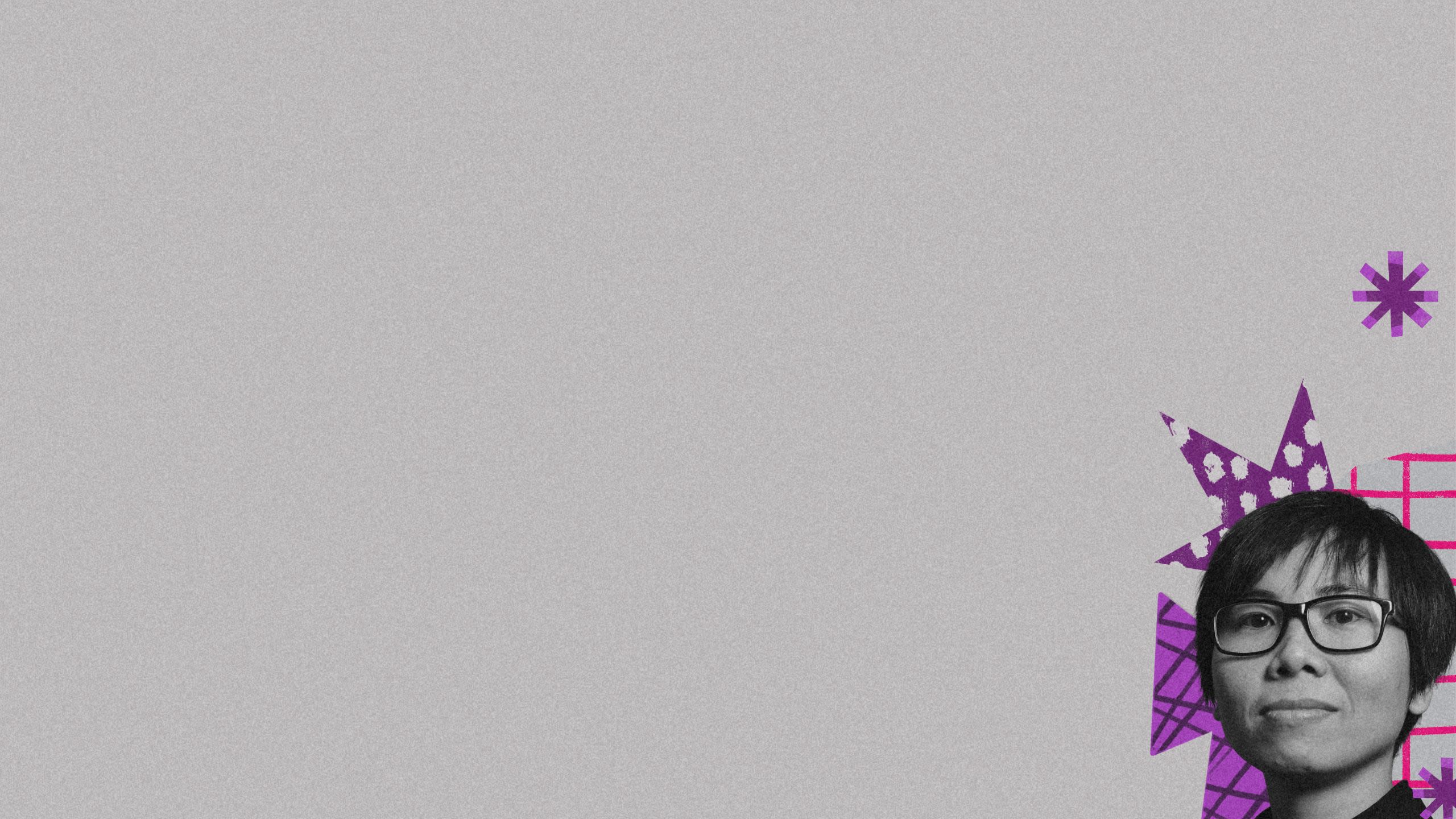
In 2020, we commissioned important feminist research that featured 35 Pacific women leaders and their experiences engaging with Global North organisations. Creating Equitable South-North partnerships charts a voyage towards the genuine creation of equitable partnerships and empowered relationships.
As an Australia-based organisation, we recognise that we have a role to play in supporting First Nations justice in Australia and have taken steps towards this commitment. Yet, we know there is a far greater contribution we must make —one that we are committed to expanding in the coming years.
We know that decolonisation is not an end state, it is ongoing and unlimited.
We recognise and thank the Women of Colour who have carried this work—whose resistance, leadership, and vision continue to light the way forward.
A Rising Tide of Feminist Power
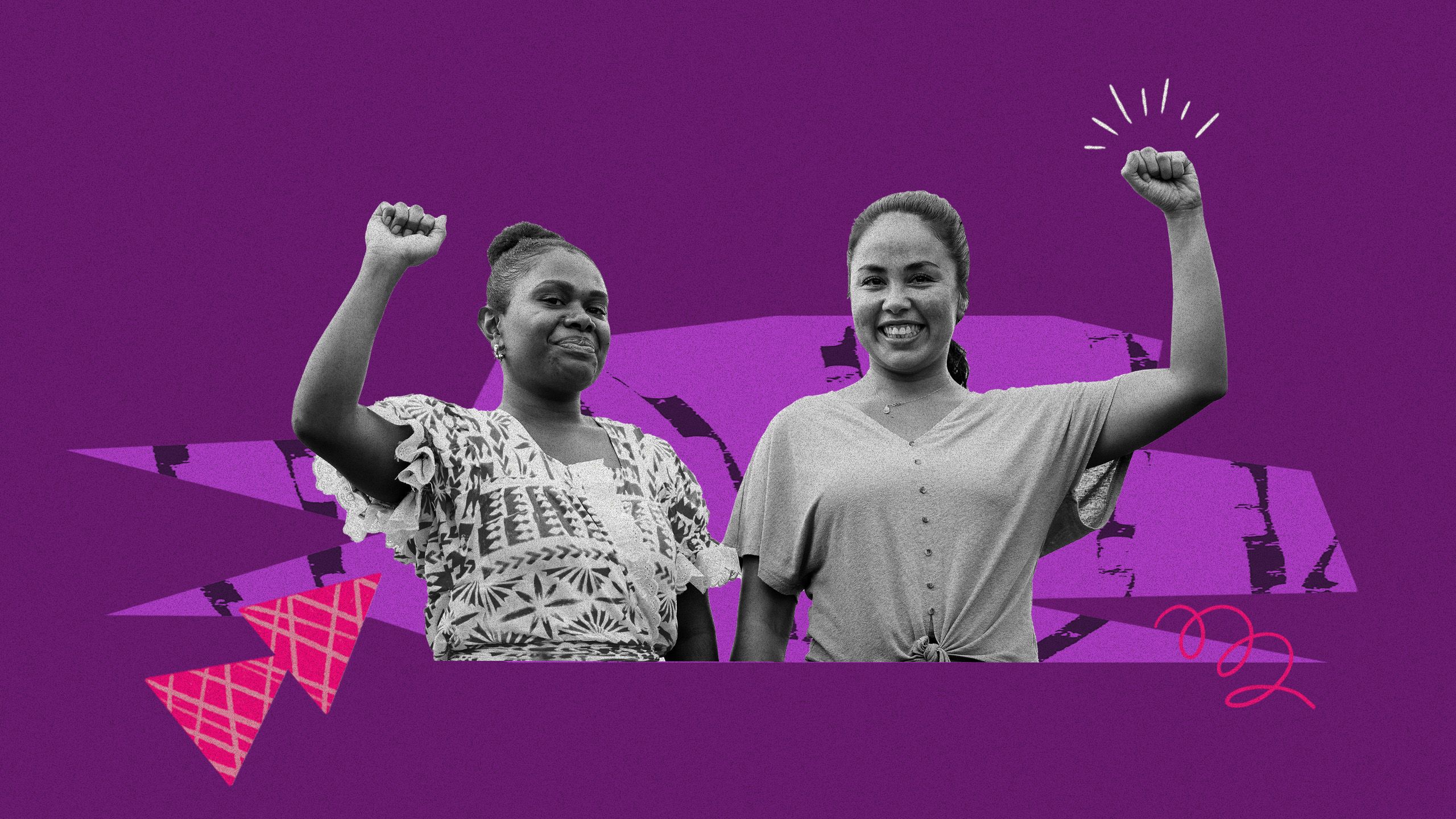
For forty years, we have been part of something unstoppable—a movement that charts a path forward, like a current reshaping the shore – steadily, repeatedly, reminding us that progress is made through unwavering, unrelenting waves.
We have seen feminist movements rise and witnessed victories that once seemed impossible.
And yet, we know the fight is far from over. At a time when gender equality is under attack, the work is more urgent than ever.
Across the world, we are witnessing a well-funded, coordinated assault on the rights of women, girls, trans and gender diverse people. These attacks are not incidental or accidental. They are strategic, deliberate, and designed to roll back decades of hard-won progress.
From draconian laws that strip away bodily autonomy, to the repeal of lifesaving medical treatments for queer and trans people, and the rise of authoritarian leaders who espouse misogyny and transphobia to divide us and consolidate their power—the threats are real, escalating, and global.
In the face of this backlash, a vibrant and resourced feminist movement is not just necessary—it is non-negotiable. It is how we ensure universal human rights.
Let us be clear, we refuse to accept the escalating and widening repression occurring around the world. We will not yield to those who seek to silence and control us. We will not sit back and wait for the feminist future of our dreams.
Instead, we will meet these attacks with resistance and rage. With collective defiance, and with organising that is sharper, stronger, and more connected than ever.
We will continue to co-conspire with fierce and fearless collaborators. We will continue to root ourselves in joy, and in the deep care and respect we hold for one another. And we will work tirelessly to ensure that global feminist movements are stronger, bolder, and more resourced than ever before. Powerholders will not be able to deny our strength nor look the other away.
We envision a future where feminist, decolonial, and anti-racist principles are not just seen as ideals but the foundation of something radically new. We stand on the shoulders of those who fought before us and walk alongside those who fight beside us.
We are ready. We will not stop. And we know that together, we will create change.
The next forty years will not be defined by waiting. They will be shaped by action - by justice gained, by liberation realised, by voices rising, by barriers breaking, and by the unstoppable momentum of progress.
With every step forward, we honour the passion, persistence, and power of those who have carried this work before us. The dedication of our team members, volunteers, board members, partners, and supporters has made IWDA a force for gender equality - one that refuses to accept the status quo.
To every person who has stood with us, fuelled the fire, and believed in a more just and equitable world - thank you. Your support has transformed lives, strengthened communities, and driven real, systemic change.
But our work is far from over.
Change is not inevitable - it is made. It is built by those who refuse to look away, who choose to act, who stand for something greater than themselves.
If you believe in a future where equality is not a distant dream but a lived reality, now is the time to act. Your support - whether through a donation, sharing our story, or raising your voice - keeps this mission alive and pushes us closer to the world we all deserve.
The next decade of change starts today. Will you be part of it?
See her, hear her
and invest in her this International Women's Day
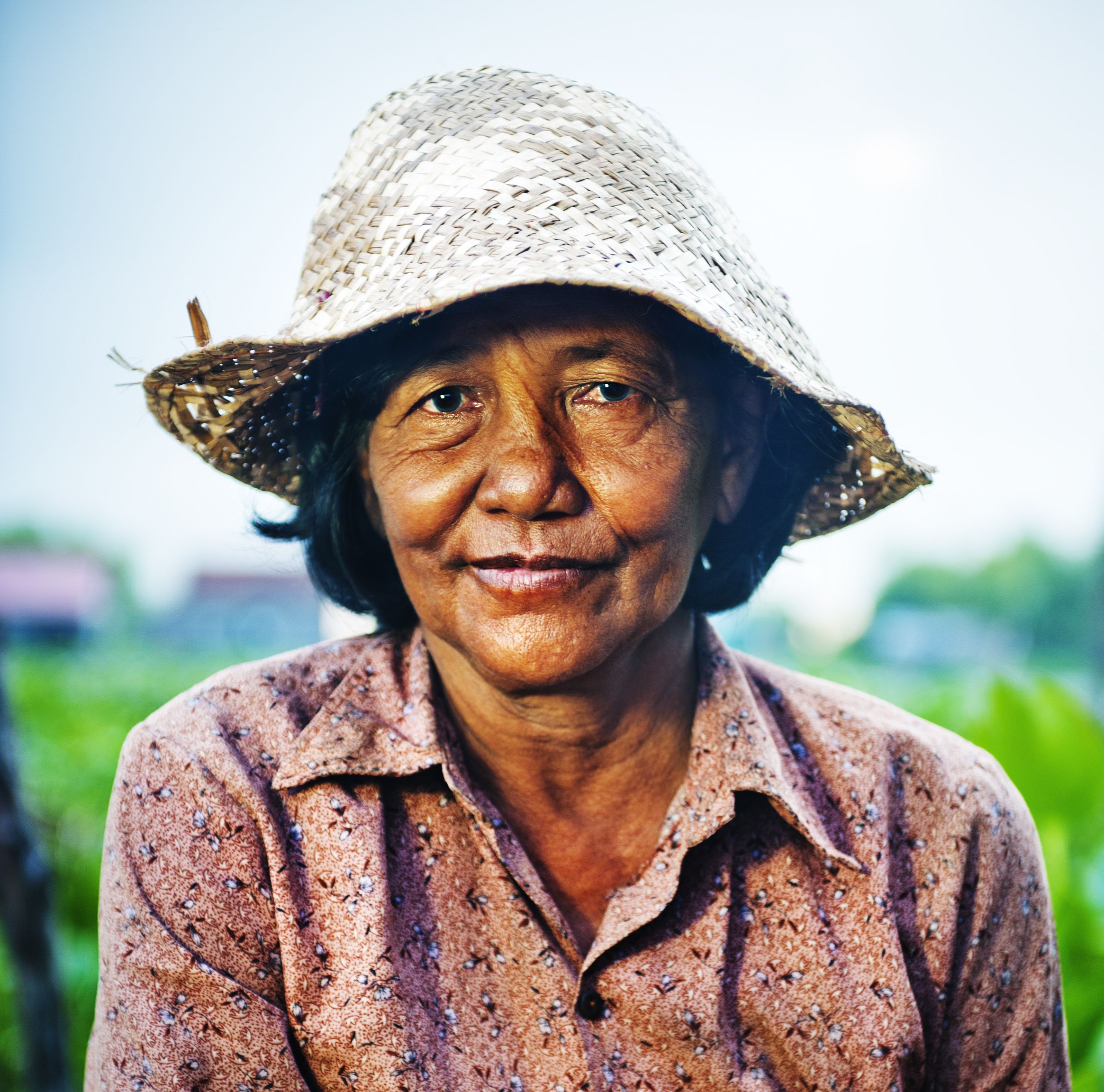
*"Step Up, Stand With, Step Back” is an adaptation of the framework proposed by Shirley Walters and Shauna Butterwick in their 2017 publication, Moves to Decolonise Solidarity Through Feminist Popular Education. “Sit with” was added to the framework based on feedback provided to IWDA by Alfred Deakin Professor and Chair in Race Relations Yin Paradies.
Our thanks to Design by Nature for the beautiful collages and illustrations.
Photo Credits: Anna Carlile, Harjono Djoyobisono, and Allan Stephen.
At IWDA, we acknowledge the Traditional Owners of the land on which we work and live. We pay our respects to their Elders, past and present, and the Aboriginal Elders of other communities.
